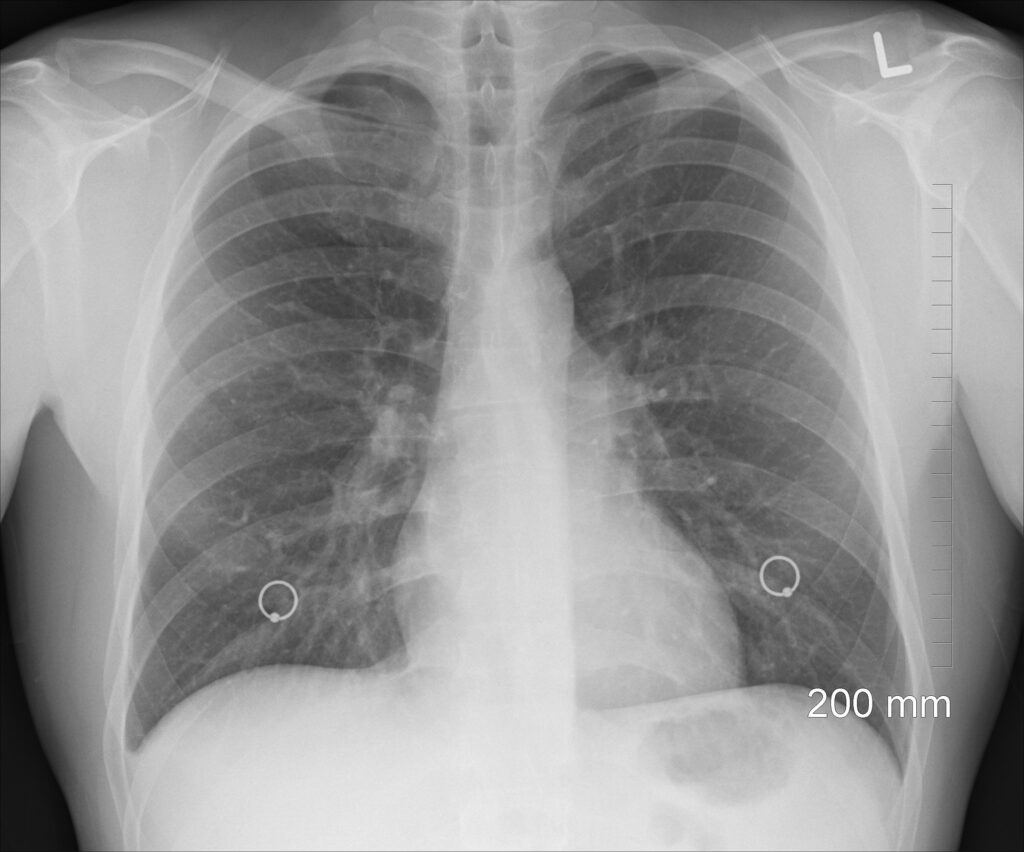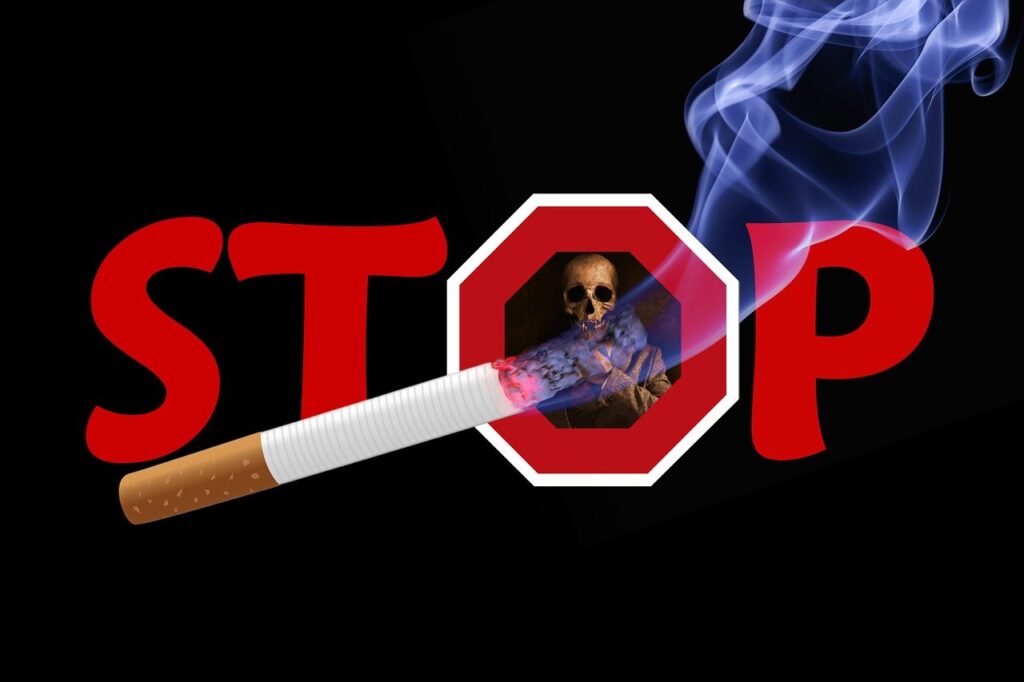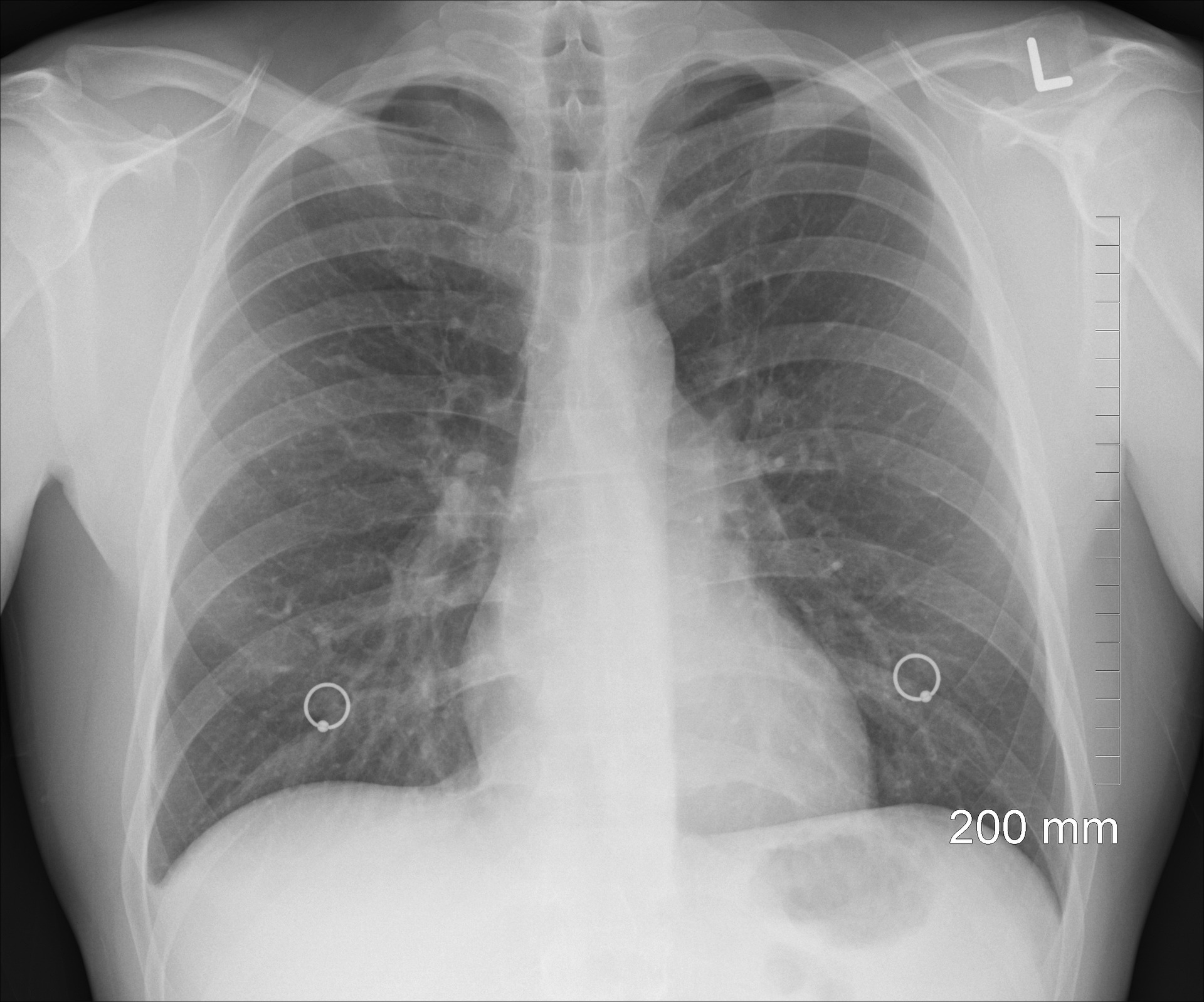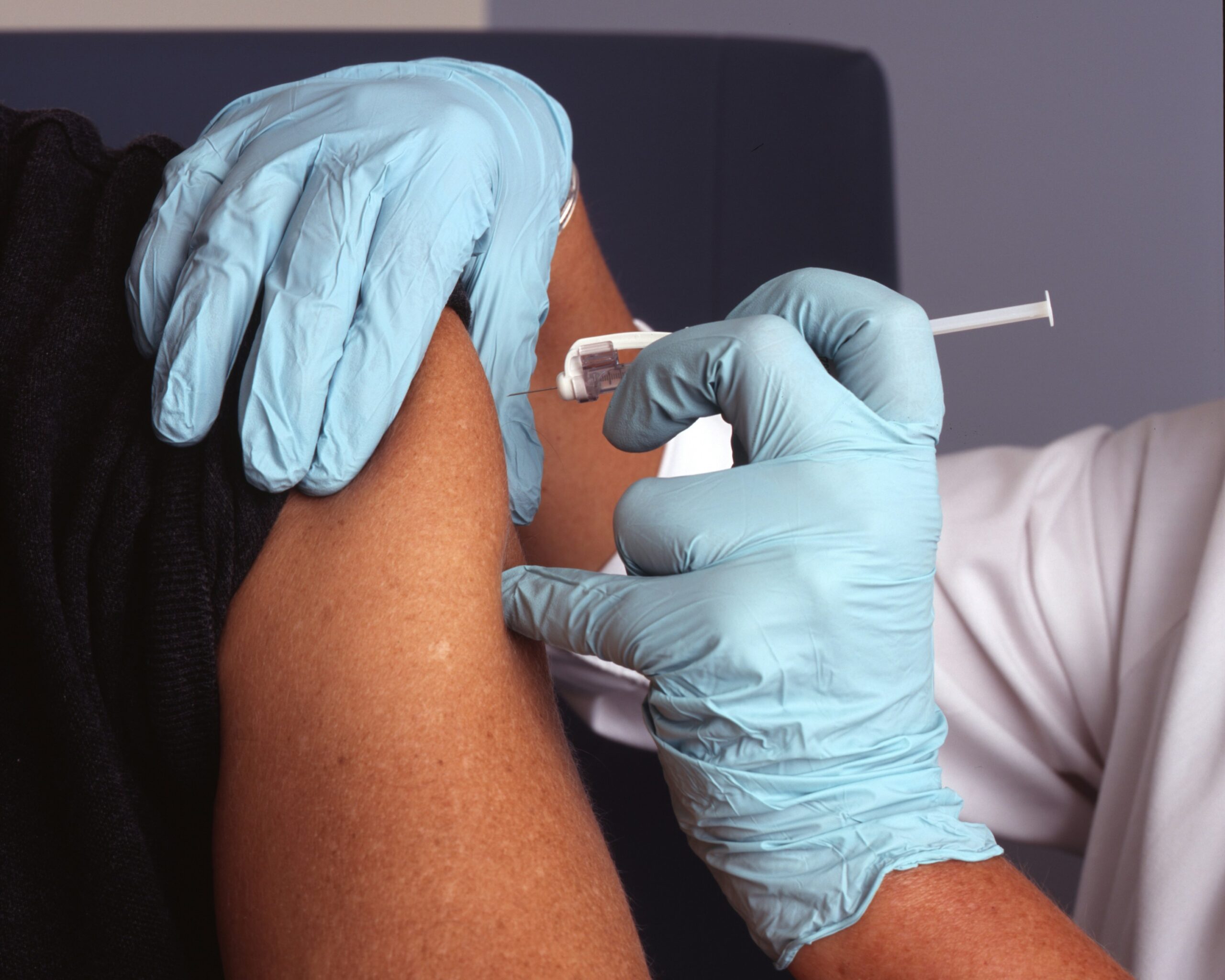Lung cancer warning signs everyone should know about, including symptoms like persistent coughing, shortness of breath, and fatigue. Learn more about the new lung cancer vaccine that offers hope for improved survival rates.

Lung Cancer Warning Signs: What You Need to Know
Lung cancer is one of the most common and dangerous types of cancer worldwide. Early detection is crucial, and knowing the lung cancer warning signs can help you take action when necessary. With the recent announcement of a new vaccine, there’s hope for improving survival rates. But understanding the symptoms and risk factors remains essential for catching the disease in its early stages.
In this story, we’ll explore the lung cancer warning signs that everyone should be aware of, discuss who is at risk, and highlight the latest development in lung cancer treatment: BioNTech’s new BNT116 vaccine.
The New Hope: A Lung Cancer Vaccine
For the first time in the UK, patients have received a new vaccine designed to fight lung cancer. Developed by BioNTech, the BNT116 vaccine aims to prime the immune system to recognize and destroy lung cancer cells. The vaccine works by introducing tumour markers found in non-small cell lung cancer—the most common form of the disease—to the immune system, so it can better identify and attack these cancer cells.
While the vaccine is still in the early stages of trials, researchers believe it could become a revolutionary treatment for lung cancer warning signs and improve survival rates. The hope is that this vaccine will eventually be part of the standard care for lung cancer patients around the world.
What Is Lung Cancer?
Lung cancer occurs when cells in the lungs grow out of control, forming a tumour that can spread to other parts of the body. There are two main types of lung cancer: non-small cell lung cancer, which is more common, and small cell lung cancer, which spreads more quickly.
Risk Factors for Lung Cancer
Smoking is the leading cause of lung cancer, responsible for more than 70% of cases. However, lung cancer warning signs can still appear in people who have never smoked. Frequent exposure to secondhand smoke is also a significant risk factor.
Even though lung cancer is more common in adults over 65, it’s possible for younger individuals to develop the disease. As Dr. O’Connor points out, “This common misconception could mean that young people are less likely to be screened or seek medical help for symptoms.” Therefore, understanding the lung cancer warning signs is important for people of all ages.

Key Lung Cancer Warning Signs to Watch For
Early detection is crucial for successful treatment. If you notice any of these lung cancer warning signs, it’s important to see a doctor as soon as possible:
1. Persistent Coughing
One of the most common lung cancer warning signs is a persistent cough that doesn’t go away. Dr. Rachel Orritt, health information manager at Cancer Research UK, advises, “This could be a cough that’s not gone away or hasn’t responded to treatment. It could also be a change in a long-standing cough, or one that has worsened.”
2. Shortness of Breath
Breathing difficulties are another significant lung cancer warning sign. If you find yourself getting out of breath while doing activities that were previously easy, or if you struggle to breathe during routine tasks, it’s time to talk to your doctor.
3. Coughing Up Blood
Even a small amount of blood in your phlegm can be alarming. This symptom is a strong lung cancer warning sign and should not be ignored.
4. Unexplained Chest or Shoulder Pain
Another common lung cancer warning sign is pain in the chest or shoulder that doesn’t seem to have a clear cause. If the pain persists or worsens, it’s essential to get it checked out.
5. Frequent Infections
If you keep experiencing chest infections that don’t improve with treatment, this could be a sign of an underlying lung issue. Repeated infections could be one of the lesser-known lung cancer warning signs, but they are significant and should not be dismissed.
6. Loss of Appetite
A sudden, unexplained loss of appetite is another lung cancer warning sign that something might be wrong internally. If you find yourself eating less without an obvious reason, it’s worth discussing with a healthcare professional.
7. Fatigue
Fatigue that doesn’t go away with rest or leaves you feeling constantly exhausted during everyday activities is another red flag. Many people dismiss this symptom, attributing it to aging or stress, but it could be one of the early lung cancer warning signs.
8. Unexplained Weight Loss
Losing weight without trying or changing your diet and exercise routine can be an indication that something is wrong. If you notice unexpected weight loss, it could be an important lung cancer warning sign to address with your doctor.
Why It’s Important to Be Aware of These Signs
It can be easy to attribute many of the lung cancer warning signs to aging or other health conditions, but it’s important to pay attention to changes in your body. Dr. Orritt explains, “It’s tempting to put changes down to getting older or another health condition. But it’s important to get your doctor’s advice if you notice anything that’s not normal for you or isn’t going away.”
While most cases of coughing, shortness of breath, or fatigue won’t turn out to be cancer, early detection makes a significant difference if it is. Lung cancer warning signs can often be overlooked or misinterpreted, so it’s critical to be vigilant and proactive about your health.
Conclusion: Lung Cancer and the Path Forward
With the development of the new BNT116 vaccine and a growing understanding of lung cancer warning signs, the future of lung cancer treatment is looking more hopeful. While the vaccine is still undergoing trials, it could become a crucial tool in fighting non-small cell lung cancer.
In the meantime, recognizing lung cancer warning signs like persistent coughing, shortness of breath, and unexplained weight loss remains one of the most important ways to catch the disease early. If you or someone you know experiences any of these symptoms, seeking medical advice as soon as possible can make a world of difference.
By staying informed about the lung cancer warning signs, you can take control of your health and ensure that any potential issues are addressed promptly. Early detection saves lives, and understanding the risks is the first step toward prevention and better outcomes.
Related:
RSV Vaccine Rollout NHS: 5 Shocking Risks You Need to Know




